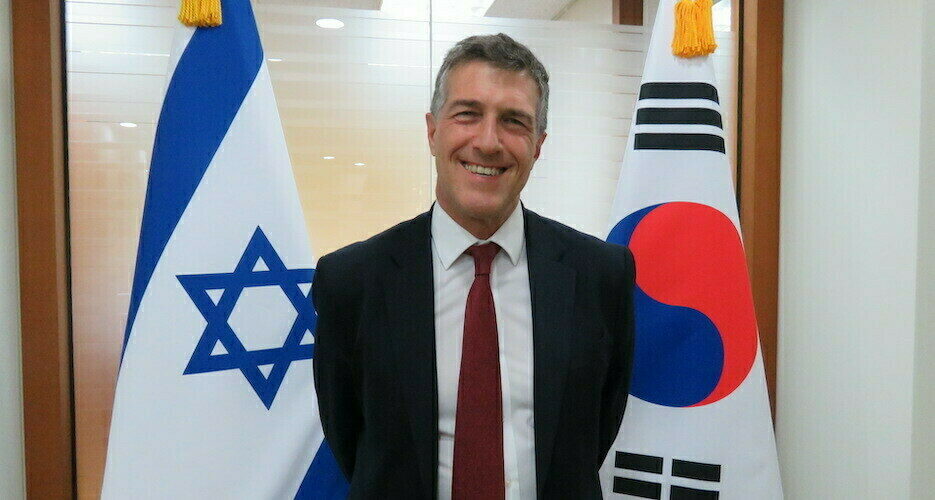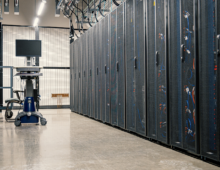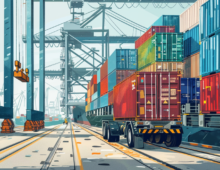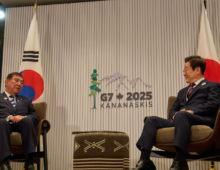In interview, Ambassador Akiva Tor says South Korea to ratify FTA ‘very soon’ and that he ‘often’ warns of Iran threats
The future of relations between South Korea and Israel under Yoon Suk-yeol is bright, but a lot depends on high-level leadership visits, Israel’s Ambassador to the ROK Akiva Tor told Korea Pro.
In a wide-ranging interview — which covered the recent free trade agreement (FTA), Iranian frozen funds in South Korean banks and the ambassador’s religious work — Tor said relations were “good” under the Moon administration but that he expects the Yoon government will take ties even further.
The future of relations between South Korea and Israel under Yoon Suk-yeol is bright, but a lot depends on high-level leadership visits, Israel’s Ambassador to the ROK Akiva Tor told Korea Pro.
In a wide-ranging interview — which covered the recent free trade agreement (FTA), Iranian frozen funds in South Korean banks and the ambassador’s religious work — Tor said relations were “good” under the Moon administration but that he expects the Yoon government will take ties even further.
Get your
KoreaPro
subscription today!
Unlock article access by becoming a KOREA PRO member today!
Unlock your access
to all our features.
Standard Annual plan includes:
-
Receive full archive access, full suite of newsletter products
-
Month in Review via email and the KOREA PRO website
-
Exclusive invites and priority access to member events
-
One year of access to NK News and NK News podcast
There are three plans available:
Lite, Standard and
Premium.
Explore which would be
the best one for you.
Explore membership options
© Korea Risk Group. All rights reserved.
No part of this content may be reproduced, distributed, or used for
commercial purposes without prior written permission from Korea Risk
Group.












